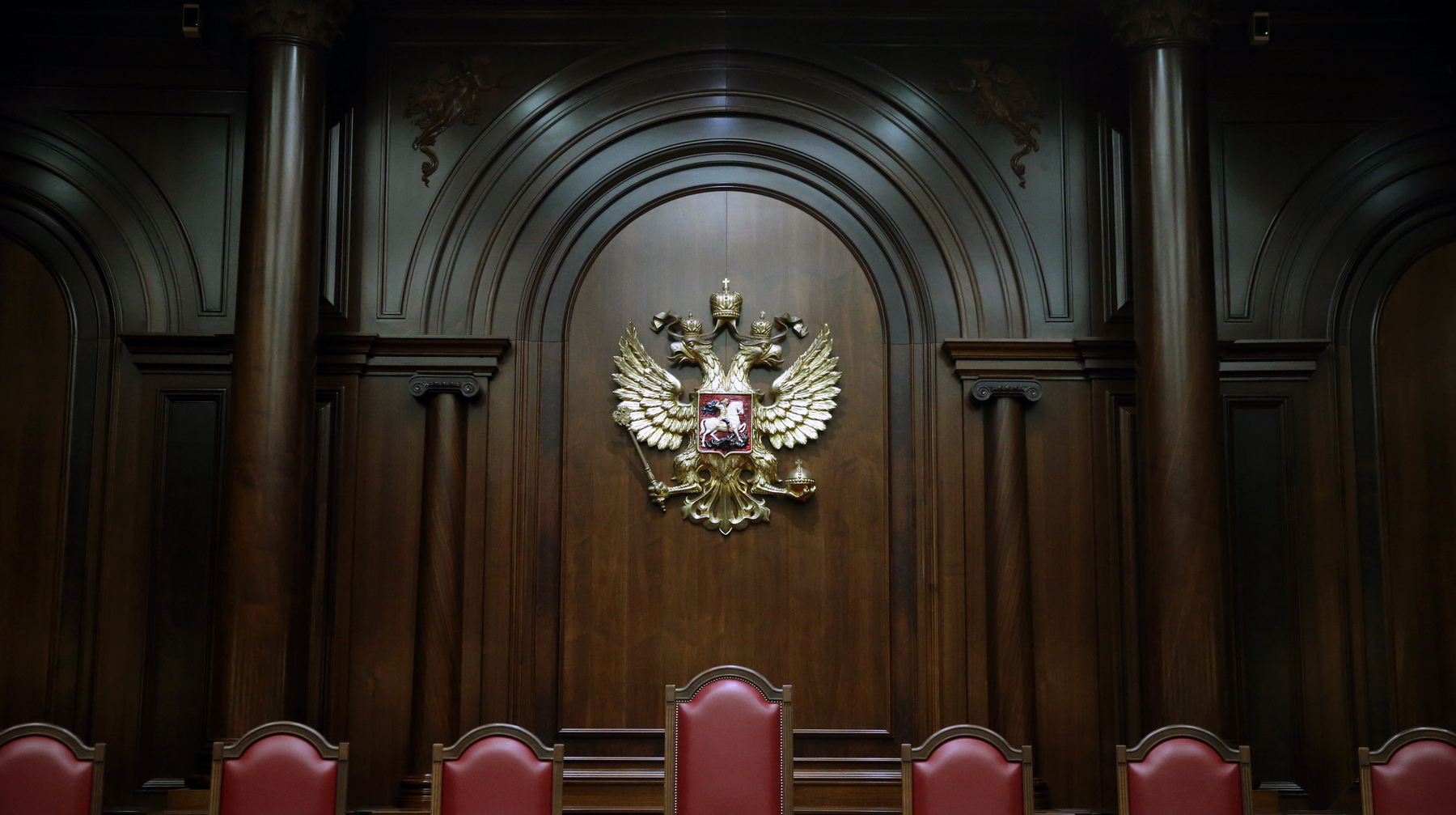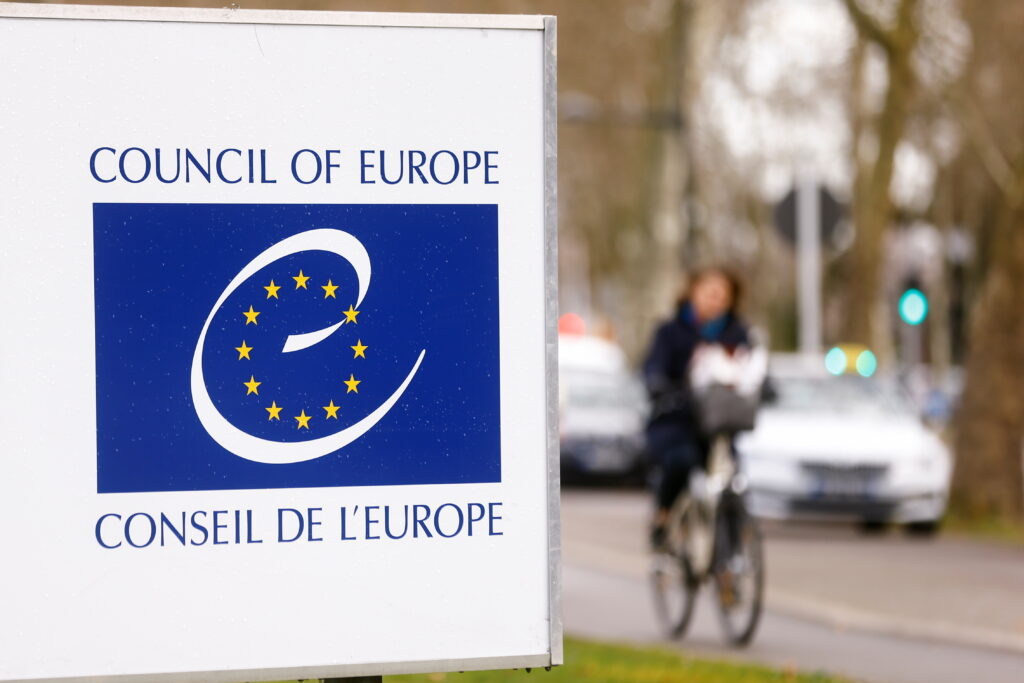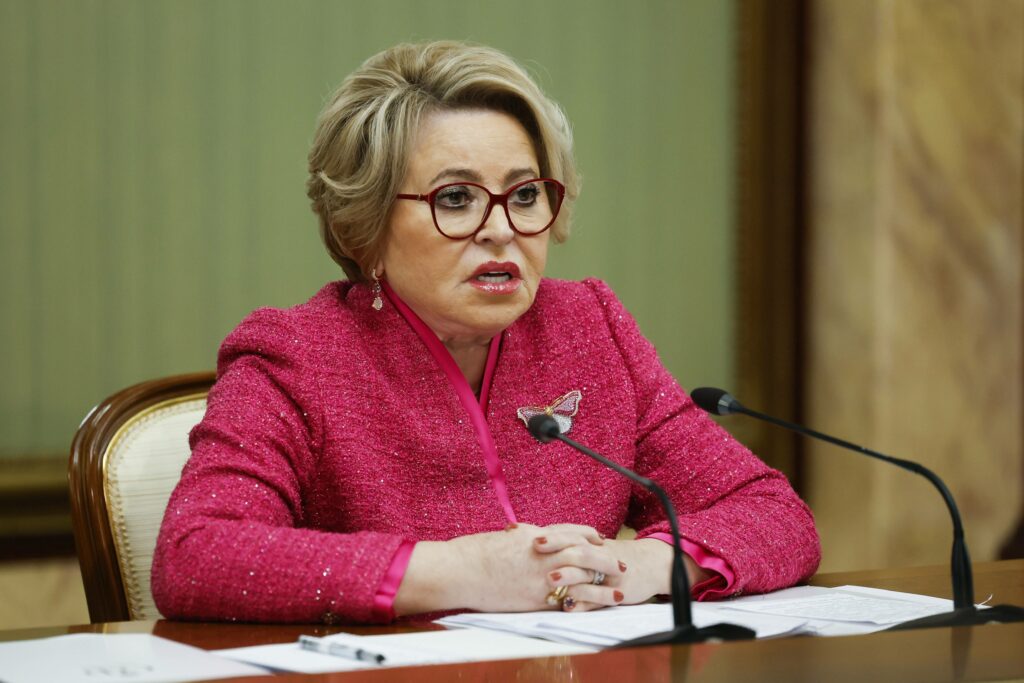A great deal has already been written about the amendments to Russia’s 1993 constitution that were initiated and swiftly enacted in 2020. Yet there is a great deal more to be written. The amendments have come under justifiable criticism for their propensity to entrench presidential power (by virtue of the now infamous Tereshkova amendment), manipulate “patriotic legitimation” (see Paul Goode) and encourage social prejudices. The predominant criticisms levelled at the amendments, however, have perhaps unduly skated over the question of Russian legal sovereignty entrenched in the amended Articles 79 and 125(5)(b).
Article 79 of the Russian constitution now includes a statement that “decisions of interstate bodies adopted on the basis of the provisions of international treaties of the Russian Federation which in their interpretation contradict the Constitution of the Russian Federation, shall not be executed in the Russian Federation”. In addition, this is realised in the article dealing with the competence of the Constitutional Court in Article 125(5)(b) which grants the court the power to “determine the question as to the possibility of executing the decisions of interstate bodies … in case they contradict the Russian Constitution”.
In principle, this applies to the judgments of international arbitration tribunals (between private parties or between state and private investors) as much as to international courts. Inevitably, however, the focus of lawyers and political scientists turns to Russia’s intended compliance with the European Convention on Human Rights (“ECHR”) and the judgments of the European Court of Human Rights (“ECtHR”). It might be argued that these provisions serve as legal cover for attempts to defy the judgments of the ECtHR in future where they are inconvenient for the Kremlin.
Is it new?
It is a popular view that the amendments merely constitutionally entrench existing Russian law. However, the position is slightly more nuanced.
Anchugov v Gladkov was the first occasion on which the Russian Constitutional Court (“RCC”) determined that an ECtHR judgment was not enforceable in Russia (“the Anchugov Jurisdiction”). It followed the previously expressed opinion of the Constitutional Court upon a reference from several Duma members that international commitments would not permit breach of the Russian basic law. The ECtHR’s decision was itself not an uncontroversial decision. It determined that an absolute ban on prisoner voting rights was a violation of Article 3 of Protocol no. 1 of the ECHR. It is important to remember the ECtHR made a similar ruling in respect of UK law in Hirst v United Kingdom. That was a highly controversial decision by Strasbourg, criticised by British politicians and lawyers concerned that the ECtHR was not providing an adequate “margin of appreciation” to national legislatures. Subsequent to the RCC’s decision, the federal law was changed to reflect the newly proclaimed reality of the Anchugov Jurisdiction.
In fact, as the Venice Commission has noted, it is arguable that the amendments to Articles 79 and 125(5)(b) were far broader than the amendments to the Federal Law on the Constitutional Court. The Federal Law referred to decisions of “interstate bodies for the protection of human rights and freedoms” (Article 101, emphasis added), which is obviously narrower than the global reference to “interstate bodies”. The amendments are, therefore, in fact arguably an extension of the Anchugov Jurisdiction.
Is the Amendment Cause for Concern?
Articles 79 and 125(5)(b) grant to the RCC authority not to enforce the judgments of international courts or tribunals to the extent that they conflict with Russia’s basic law. Is this in and of itself a cause for concern? It is important to distinguish between two potential perspectives to this debate: the perspective of the Russian domestic jurisprudence and the perspective of the international, rules-based order.
The controversy for domestic Russian jurisprudence is that Article 15(4) of the Russian Constitution explicitly asserts that the norms of international law and treaties ratified by Russia are part of the Russian basic law. This is a bold statement rooted in the aspirations of the 1993 constitutional drafters and entrenched within Chapter 1 of the Russian Constitution. It was a deeply political statement intended to communicate that the successor state to the Soviet Union could be expected to comply with its international legal obligations. More specifically, it was a statement about Russia’s commitment to compliance with human rights. Article 15(4) of the 1993 Constitution committed the Russian Federation to a “monist” view of international norms: treaties ratified by Russia and the decisions of international tribunals relating to them would automatically become a part of Russian law. This is distinguishable from a “dualist” approach to international law, which requires a legislative act at the domestic level that permits citizens of the state to rely upon international legal rights. Put another way – this is to distinguish between horizontal enforcement (by the international body against the signatory state) and private, vertical enforcement (by the citizens whose rights have been breached). In 1993, a Russian state eager to shake off the pariah status of the Soviet Union wanted to make plain its sincere commitment to international norms by eliding the distinction between domestic and international law. The principle of legal sovereignty is not to be brushed aside as crude patriotism. That is not to deny that there may have been insincere reasons for the Russian President to stress its importance in his poslanie on 15 January 2020. It is, however, to warn against criticism without context. Such criticism may be misguided if it is not focussed on the real problem that lies behind the amendment.
Resolving the conflict between domestic laws and the international legal order is complex. The Venice Commission is certainly “alarmed by the constitutional entrenchment” of the RCC’s power (indeed its obligation) not to enforce decisions that are contrary to the Russian Constitution. Yet, it is important not to lose sight of the fact that in isolation these provisions are not the real controversy. The motivation behind them may well be and can be evidenced by other amendments.
The statement of legal sovereignty within these amendments is not so unique. Consider the United Kingdom, for example, where ultimately the courts will recognise the primacy of an Act of Parliament over and above ECHR rights if such rights are clearly and expressly abrogated. The English courts have no power to strike down an offending Act of Parliament, though they can make a declaration that provisions of statute are incompatible with ECHR rights.
Can the Russian state now in fact decide which rules of international law to follow? Clearly not. The domestic law of the Russian constitution cannot in practice change its obligations at the international level. It is the prerogative of the bodies of the Council of Europe to strengthen ECHR norms. To the extent that Russia consistently violates its international treaty obligations and refuses to make payment for those violations (not something it regularly does), then there are appropriate mechanisms that can be deployed by the Parliamentary Assembly of the Council of Europe (“PACE”) and the Committee of Ministers (“CoM”). Article 46 ECHR establishes a mechanism by which the non-compliance of the signatory state with a judgment of the Court can ultimately result in disciplinary measures being taken by the CoM. In April, PACE dangled the option of Article 46 ECHR before the CoM in the light of growing concerns about the detention of Russian political activist and blogger Alexei Navalny. Horizontal mechanisms for enforcement are unaffected by the 2020 amendments precisely because they exist at the international rather than the domestic level.
One thing is certain: Russia’s amendments do not present an existential crisis for the Council of Europe or the ECHR. Friction between domestic constitutions and international law is nothing new. This is a conflict that the European Union has had to grapple with over many years: the European Court of Justice (“ECJ”) asserted the supremacy of EU law long before a supremacy clause was recognised in its foundational treaties. This on occasion led to what has been referred to as “judicial dialogue” between the courts of Europe and the ECJ. The most striking example of this in action was in the Solange case law. In 1974, the German Bundesverfasungsgericht famously reserved to itself the jurisdiction to determine whether or not principles of Community law (as it then was) conflicted with the basic law of Germany (Solange 1: [1974] BverfGE 37, 271). By 1987, this had transformed into a presumption against exercising this jurisdiction so long as the EEC demonstrated that it generally ensured an adequate protection of fundamental rights, as required by the German constitution (Solange 2: [1987] BverfGE 73, 339).
To the extent that signatory states in future refuse to execute ECtHR judgments or abide by their terms the institutions of the Council of Europe will need to consider what lies behind the failure to execute. Some states may have legitimate concerns about the compatibility of the judicial interpretation of the ECHR with the domestic basic law. Others may well be engaged in “autocratic legalism”. Its right that bodies such as the Council of Europe are equipped to call out the latter where they see it. This requires a fact sensitive, case-by-case approach.
But doesn’t any codification of the principle that Russian basic law takes precedence over international decisions conflict with Article 15 of the Russian constitution? Arguably not. The Anchugov Jurisdiction simply recognises that it is for the RCC to determine which judgments are enforceable within the Russian jurisdiction. The critical theoretical reasoning is that Russia does not resile from its international obligations, but will ultimately determine whether the interpretation of international treaties by foreign courts is consistent with those treaty obligations.
Chairman of the State Duma, Viacheslav Volodin, has made a confusing intervention here: he has asserted that it is time for international treaties to be reviewed by reference to their compatibility with the Russian Constitution. At present this is illogical. The Russian Constitution cannot retain primacy over international treaties that it has ratified. Article 15(4) makes this clear. By virtue of the 2020 amendments, a conflict between interpretations of those treaties may well arise, but that with respect is a different argument. Any review, therefore, will really be about whether the Russian Federation is committed to the international legal order as it so often contends. Although the prospect of the Russian Federation unilaterally withdrawing from the ECHR or openly challenging the principle of its signatory status may seem slim, the threat may increase if the frequency of conflict between Moscow and Strasbourg grows.
The Real Cause for Concern
If legal sovereignty is a legitimate objective, are these amendments a cause for concern? We can confidently say that they are but for quite separate reasons. The president now has the power to initiate the removal of Constitutional Court judges before the Federation Council on the particularly vague grounds of committing an act discrediting the honour and dignity of their office (Article 83).
This, therefore, is the critical issue for future monitoring: the issue with the Constitutional Court is not strictly its competence to determine whether there is a conflict between international decisions and the Russian Constitution but that it may be under pressure from the executive to refuse to enforce judgements or arbitral awards that conflict with the interests of the presidency (or elite circles within Russia). The more significant issue is that the increasingly blurred lines between the executive and the RCC gives rise to legitimate concerns that where there is a conflict between international norms and the interest of the executive, the latter will prevail. This fits neatly into the paradigm of “autocratic legalism” as defined by Corrales and Scheppele : the augmentation of autocratic power and dismantling of constitutionalism through legal means.
Conclusion
Will these amendments increase the frequency with which international decisions are declared unenforceable within the Russian Federation? This is a question for future research. The more pertinent question is whether we can be comfortable that the refusal to execute judgments of international bodies/tribunals will be exercised by reference to the constitution (as per Article 79/125) or the interests of the executive (with the threat of Article 83 hanging in the air). The answer to that question has to be negative.
It is Article 83 that gives rise to a presumption that in deeply political disputes where the Anchugov Jurisdiction is exercised, the executive is likely to have its way. Any response to these amendments must be led by this criticism rather than an objection to the preservation of legal sovereignty in and of itself. It is only through such a holistic analysis of the constitutional amendments that we can confidently and credibly call out “autocratic legalism” where we see it.










